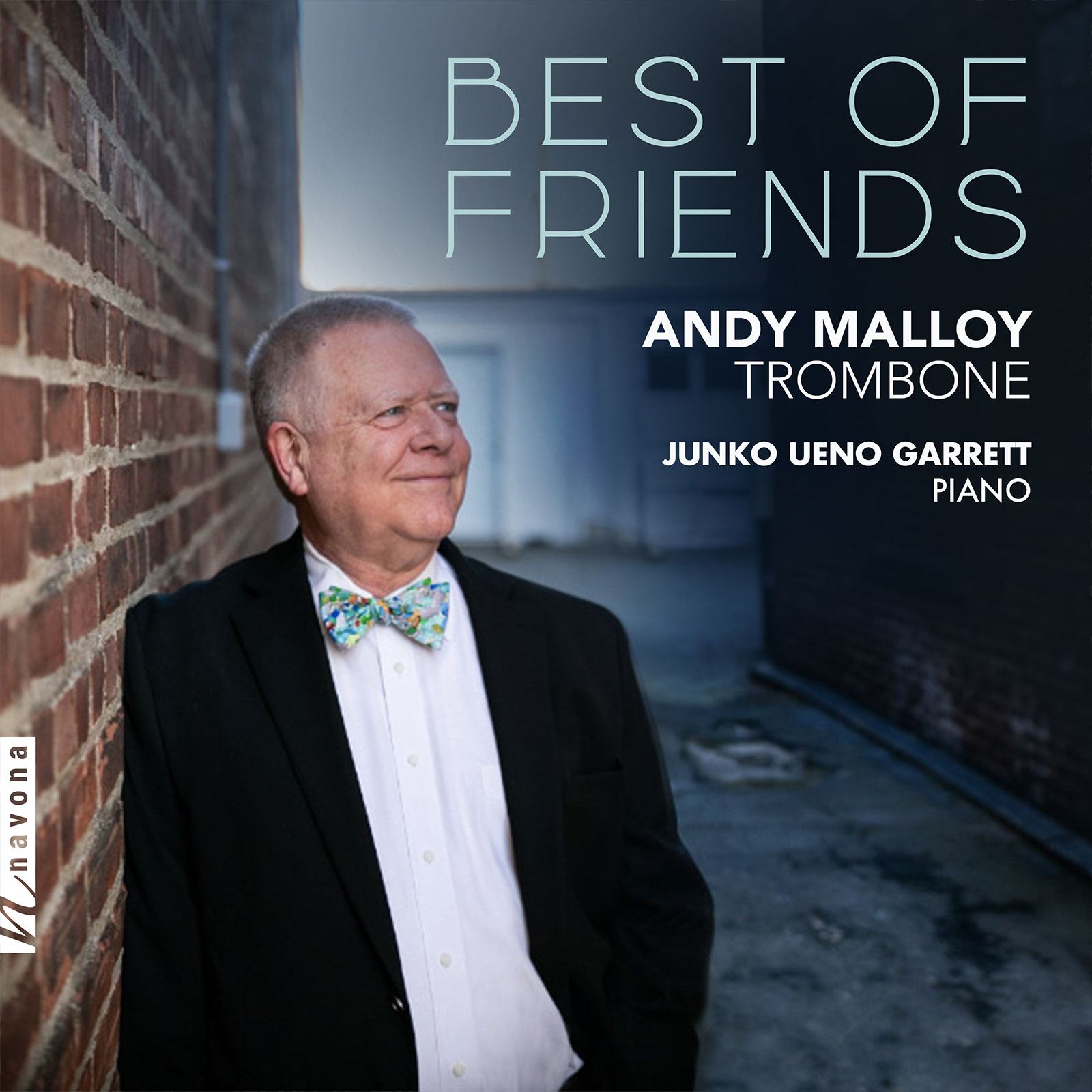Best of Friends
Andy Malloy trombone
Junko Ueno Garrett piano
Navona Records and trombonist Andy Malloy present BEST OF FRIENDS, a collection of personalized pieces for trombone and piano. Featuring works that Malloy commissioned from his colleagues over the years, the album is truly an ode to the relationships formed through musical collaboration. Each piece on the album pushes the musical boundaries to which the trombone is often held through creative uses of tonality and soaring melodies. Rhythmically energetic passages, jazz harmonies, and more speak throughout the album, highlighting the musicianship of Malloy and the compositional dexterity of his colleagues, a musical testament to the power of collaboration.
Listen
Stream/Buy
Choose your platform
Track Listing & Credits
| # | Title | Composer | Performer | |
|---|---|---|---|---|
| 01 | Fantasy | Jack Hayes | Andrew Malloy, trombone; Junko Ueno Garrett, piano | 7:17 |
| 02 | Sonata For Trombone And Piano: I. Maestoso | John Stevens | Andrew Malloy, trombone; Junko Ueno Garrett, piano | 5:32 |
| 03 | Sonata For Trombone And Piano: II. Very Slowly And Freely | John Stevens | Andrew Malloy, trombone; Junko Ueno Garrett, piano | 5:49 |
| 04 | Sonata For Trombone And Piano: III. Allegro Energico | John Stevens | Andrew Malloy, trombone; Junko Ueno Garrett, piano | 4:42 |
| 05 | Dozeandeeze | Jim Self | Andrew Malloy, trombone; Junko Ueno Garrett, piano | 6:10 |
| 06 | Sonata For Trombone And Piano: I. Allegro | Stanley Friedman | Andrew Malloy, trombone; Junko Ueno Garrett, piano | 6:26 |
| 07 | Sonata For Trombone And Piano: II. Chaconne | Stanley Friedman | Andrew Malloy, trombone; Junko Ueno Garrett, piano | 5:34 |
| 08 | Sonata For Trombone And Piano: III. Rondo | Stanley Friedman | Andrew Malloy, trombone; Junko Ueno Garrett, piano | 5:27 |
| 09 | Fantasy | N. Lincoln Hanks | Andrew Malloy, trombone; Junko Ueno Garrett, piano | 9:26 |
| 10 | Preludio E Fuga IV: Preludio | Johann Sebastian Bach; arr. Robert Marsteller | Andrew Malloy, trombone | 2:43 |
| 11 | Preludio E Fuga IV: Fuga | Johann Sebastian Bach; arr. Robert Marsteller | Andrew Malloy, trombone | 3:54 |
Tracks 1 and 5
Recorded October 25, 2004 at Daniel Recital Hall, California State University in Long Beach CA
Recording, Editing, and Mastering Sonny Ausman
Tonmeister Doug Tornquist
Tracks 2-4, 6-8, 9
Recorded June 23-24, 2004 at Recital Hall, California State University in Northridge CA
Recording, Editing, and Mastering Sonny Ausman
Tonmeisters Rob Frear, Al Veeh
Tracks 10-11
Recorded June 10, June 13, and June 21, 2004 at Emmanuel Lutheran Church in North Hollywood CA
Recording, Editing, and Mastering Sonny Ausman
Tonmeister Ken Kugler
Music preparation for tracks 1, 10, 11 by Marty Fenton Frear
Payroll Sabron
Recording Equipment
Microphones: 2 Coles 4038,
Recorder: ibook/Protools,
Speakers: Fulton custom,
Amplifier: Naim 40
Instruments
Conn 62H, Minick L mouthpiece,
Shires symphony tenor,
Greg Black 4G/5G mouthpiece
Acknowledgements
Thank you to Rick Baptist, Bill Booth, Emmanuel Lutheran Church Council, Guy Fabres, Marty
McCambridge, Mary Reale, Ralph Sauer, Kris Solem, Al Veeh, and Gary Wasserman.
Executive Producer Bob Lord
A&R Director Brandon MacNeil
A&R Quinton Blue
VP of Production Jan Košulič
Audio Director Lucas Paquette
Mastering Melanie Montgomery
VP, Design & Marketing Brett Picknell
Art Director Ryan Harrison
Design Edward A. Fleming, Morgan Hauber
Publicity Patrick Niland, Aidan Curran
Artist Information
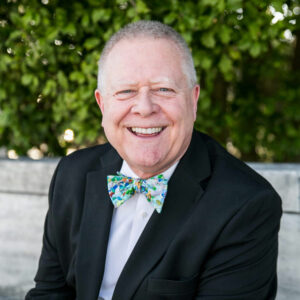
Andy Malloy
Andrew Malloy, a New Hampshire native, attended the University of Massachusetts graduating magna cum laude with a Bachelor of Music Education degree. He continued his education at The Juilliard School where he received a Master of Music in Performance. He lived in Los Angeles where he worked as an active freelance musician for 40 years. As a studio player he recorded hundreds of film scores as well as TV shows and commercials. He performed as a regular member of the Pasadena, Santa Barbara, and New West Symphonies and The Crown City Brass Quintet.
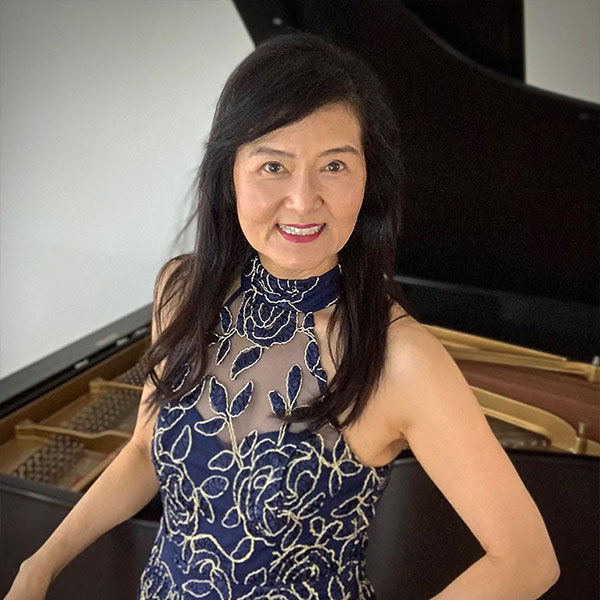
Junko-Ueno-Garrett
Japan-born Junko Ueno Garrett has captivated audiences around the world with her colorful tone, poetry, expressiveness, dynamic technique, and wide range of repertoire. She began playing piano at the age of three, trained at the prestigious Toho Gakuen School of Music in Tokyo studying under Professor Hiroshi Miura, and received a Doctor of Musical Arts Degree from Rice University’s Shepherd School of Music studying under Professor John Perry in the United States. Garrett received “The Japanese Consul General’s Award” for her contributions to international relations and understanding between countries. She was chosen to tour to celebrate 150 years of the United States-Japan relationship and 125 years of the Brazil-Japan relationship.
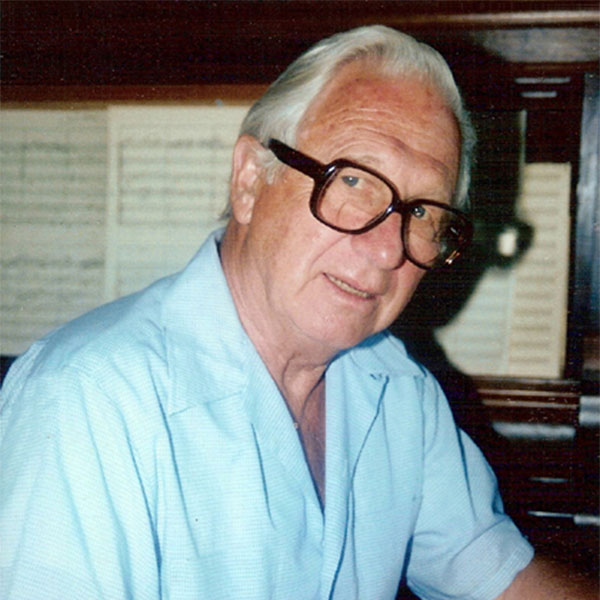
Jack Hayes
Jack Hayes (1919-2011), a noted composer and arranger, studied with Mario Castelnuovo Tedesco, Alfred Sendrey, and Ernst Krenek. His composing career started in Hollywood after a five year stint in the Army during World War II playing and writing for the 362nd Army Band. He orchestrated for such legendary names as Alfred Newman, Henry Mancini, Lalo Schifrin, Marvin Hamlisch, John Morris, and Quincy Jones.
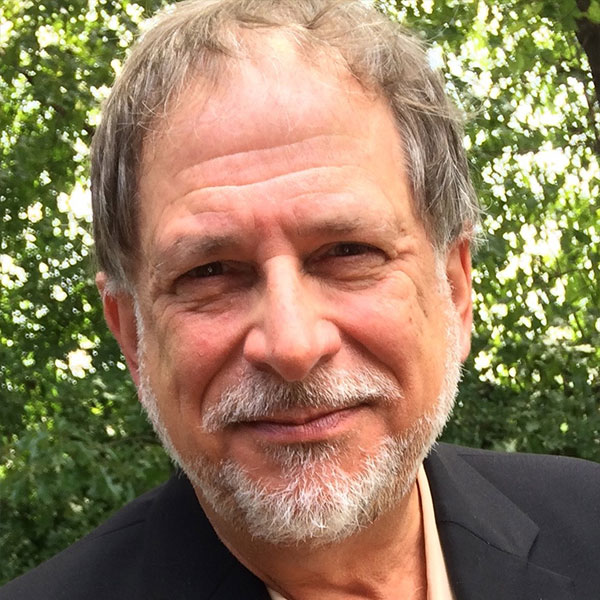
Stanley Friedman
Stanley Friedman’s music has been premiered by the New Zealand Symphony Orchestra, l’Ensemble Intercontemporain, the Los Angeles Philharmonic Chamber Music Society, the Memphis Symphony, the Northwestern University Orchestra and by major soloists in festivals around the world. His opera HYPATIA (premiered in concert at the New Zealand International Festival of the Arts) earned praise as orchestrally impressive and lyrically quite rich” [(NZ) Opera News]. The (NZ) Dominion identified Friedman as “…a significant new opera composer.”
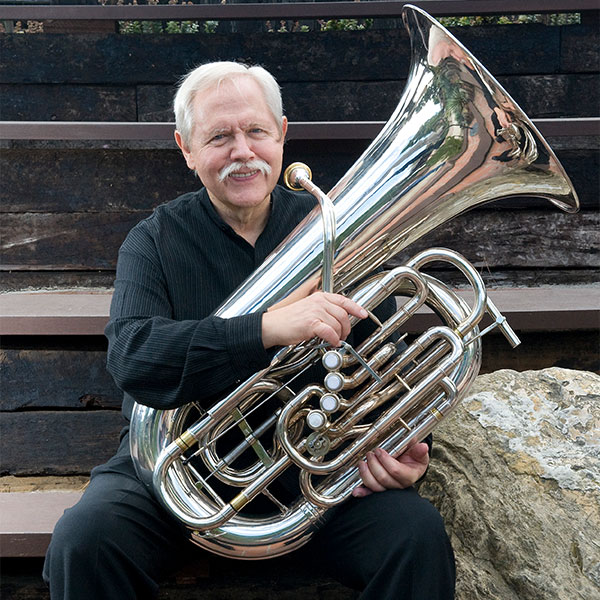
Jim Self
Jim Self is a Los Angeles based freelance and studio musician, a veteran of thousands of motion pictures, television shows and records, and tuba soloist on many prominent movies. His tuba was the “Voice of the Mothership” in Close Encounters of the Third Kind. Other solos can be heard in many of John Williams’s soundtracks including Home Alone I & II, Jurassic Park, James Horner’s Casper, Jerry Goldsmith’s Dennis the Menace, and Marc Shaiman’s Sleepless in Seattle. For many years he was first tuba for John Williams, James Horner, James Newton Howard, John Debney, and others.
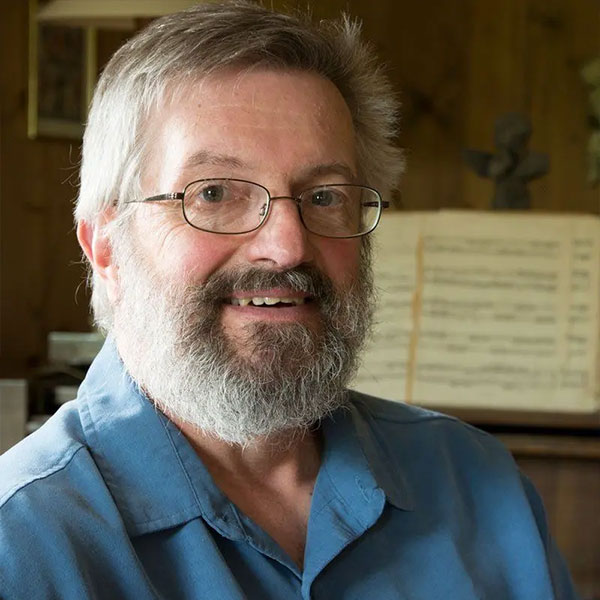
John Stevens
John Stevens (b. 1951) has enjoyed a distinguished career as a chamber, orchestral, solo, and jazz performer and recording artist on the tuba, university professor, composer, arranger, conductor, and administrator. He holds degrees in Music Performance from the Eastman School of Music (1973) and Yale University (1975). His successful career as a freelance performer in New York City included membership in the Aspen Festival Orchestra, New York Tuba Quartet, numerous other chamber ensembles, and as the original tuba soloist in some 500 performances of Barnum on Broadway.

N. Lincoln Hanks
N. Lincoln Hanks is a composer, singer, and conductor who thrives in the outer regions of music. As a singer he specializes in the music of the medieval, renaissance, and baroque areas, and he continues to perform with many Los Angeles early music groups, including Tesserae and Musica Angelica. He was a cofounder of The Concord Ensemble, an a cappella group that won Grand Prize in the first Early Music America/Dorian Records Competition.

Robert Marsteller
Robert Marsteller was born October 31,1918 in Sterling CO and passed away June18,1975 in Bozeman MT. Born and raised in Colorado, he attended the Eastman School of Music on a full scholarship from 1936-1940. During his 25 years with the Los Angeles Philharmonic, Marsteller played for Alfred Wallenstein, Eduard Van Beinum, and Zubin Mehta. He also performed regularly on radio, television, and for motion pictures and the Los Angeles Opera. Over a nearly 30 year period he recorded for such labels and studios as Decca, Columbia, 20th Century Fox, Walt Disney, Warner Bros., MGM, and Universal.
Notes
Coming up with a title for this album was probably the easiest part of the project. I have always considered it a great gift to be able to earn a living as a musician. That alone would be enough for me but the thrill of such an opportunity is enhanced by the privilege of working with large groups of superb musicians who have also become very close friends. Overcoming many quiet fears, I approached several of these friends about commissioning a work for trombone and piano. Fully prepared for polite or even terse rejections, Stanley, Lincoln, and Jim were not only willing but happy to undertake such a project. At the time I contacted John Stevens; he was already working on his sonata for Mark Fisher. The works by Jack Hayes and Robert Marsteller have a rather different background. Over the years I was privileged to participate in Hoyt’s Garage with Hoyt Bohannon, Tommy Pederson, and many of Los Angeles’s very fine trombonists. From the late 1940s through the 1980s Hoyt, Tommy, and others had written and collected a great library of trombone ensemble music for trio, quartet, and up to twelve-part arrangements. From these stacks of music I often played a manuscript version of Marsteller’s five part Bach arrangement. Hoyt also had a copy — on very old and faded thermofax paper — of Jack Hayes Fantasy, music that was written for and premiered by Lloyd Ulyate in Los Angeles. To my knowledge, neither of these pieces had been published or recorded. Once the process of learning and performing all these pieces in preparation for recording them began, it became apparent how many talented and supportive colleagues contributed to and were necessary for this project. I know some will be forgotten in the official credits list but I want to thank all who have been involved in any and many ways. I am reminded on a daily basis of the resources these people offer. I can’t speak of gifts and support without thanking my entire extended family. From the time I first studied music seriously in high school and ever since, they have been supportive, encouraging, always interested in what I was doing and wishing me well. I couldn’t have gotten here without you and wouldn’t want to be here or anywhere else without you.
— Andrew Malloy
